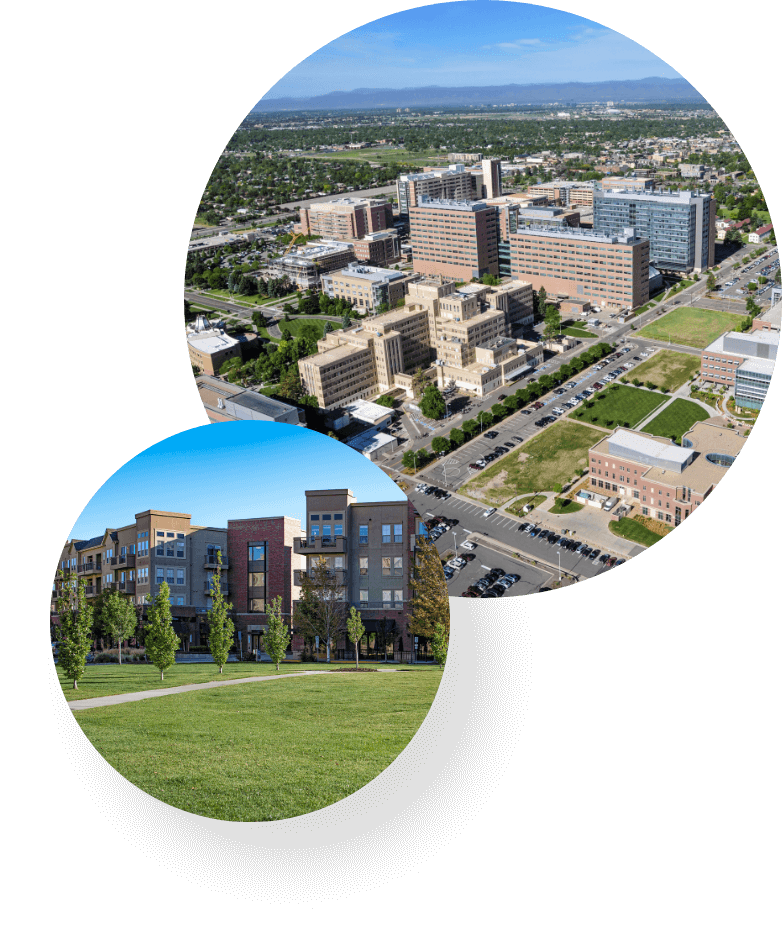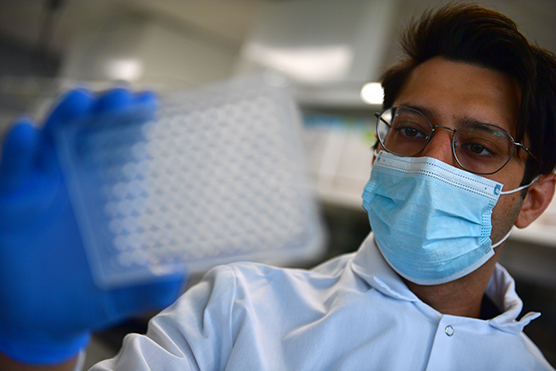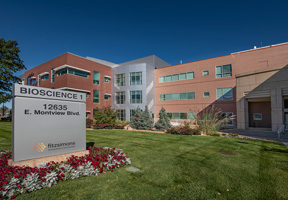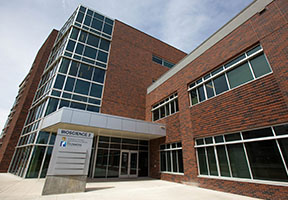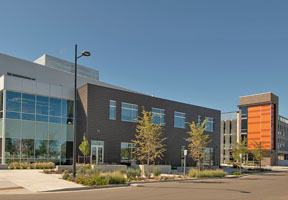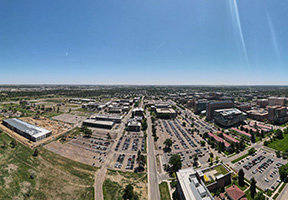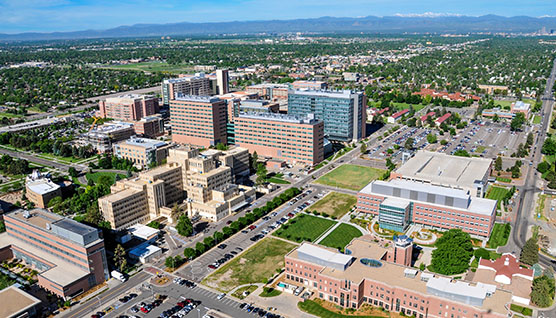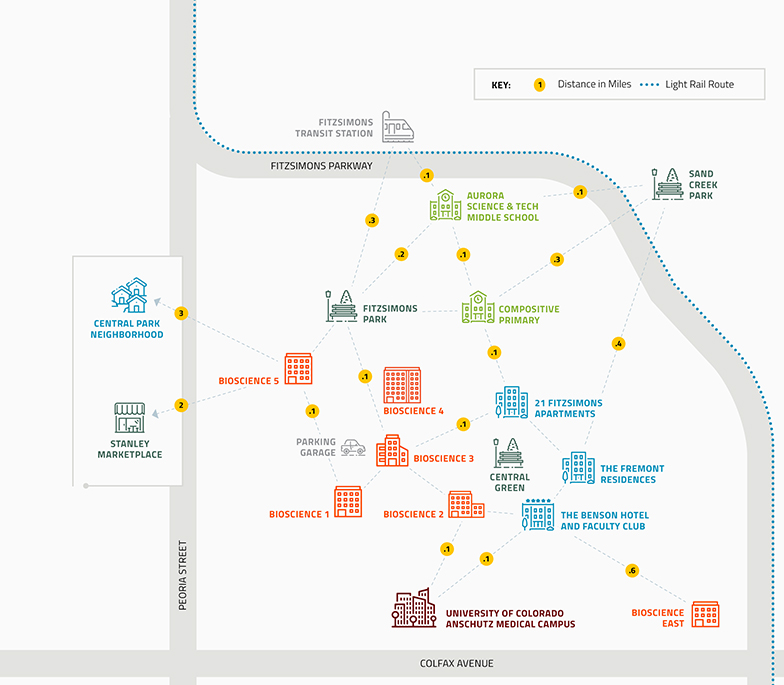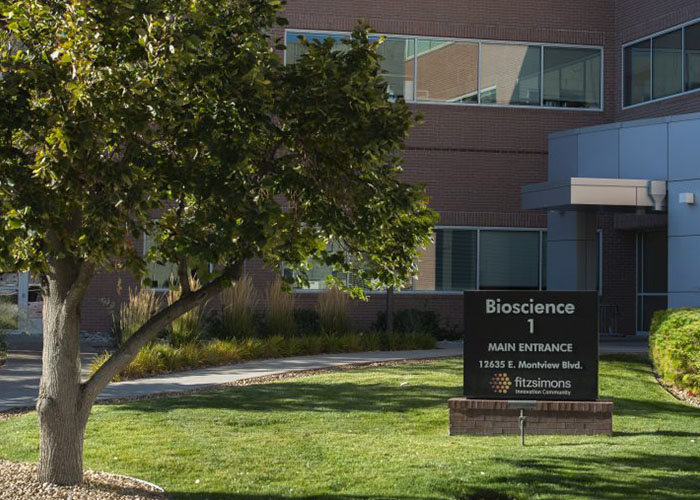
Invenux Accelerates Solutions for the Future of Rare Disease Patients
Invenux, LLC, a privately held clinical stage biopharmaceutical company, is propelling its research and clinical trials forward to treat sickle cell disease in the U.S. and worldwide. By developing a botanical medicine approach, Invenux aims to break down barriers to save and change the lives of sickle cell disease patients.
Q: Tell us about your company or organization.
A: We are focused on R&D of drugs for rare diseases. Our first drug candidate is SCD-101 for the treatment of sickle cell disease (SCD). We are also developing drugs to treat Mucopolysaccharidosis I and III. SCD, the first genetic disease identified over 60 years ago, is an autosomal inherited red blood cell disorder that affects hemoglobin, the protein that carries oxygen through the body. A mutation in the beta-globin gene causes hemoglobin to polymerize under low oxygen conditions found in capillaries. This polymerization causes the characteristic sickle shape of red blood cells in SCD. The red bloods cells become inflexible and sticky, “clogging” small blood vessels and causing inflammation. SCD causes pain, fatigue, infection, stroke, and early death. It affects more than 100,000 people in the U.S. and 15 million people worldwide. Outside of the U.S., patients are primarily from Sub-Saharan countries and India; locations where malaria is endemic.
Q: Describe your team culture. How does your culture shape what your company or organization produces or offers?
A: The Invenux team is primarily academic collaborators and consultants. Most of the progress in developing SCD101 has been through research at Rutgers University and The Children’s Hospital of Philadelphia, and for our clinical trials, the staff and patients of the Adult Sickle Program at Kings County Hospital in New York. We are particularly grateful to the 50 patients that have participated in our clinical trials. Solving this disease is personal for me – one of my friends from childhood had SCD. Johnny was the heir to the Johnson
Publishing Company that printed Ebony and Jet magazine, but no amount of money could save him because there was no treatment for SCD. He passed away at the age of 25. All of my collaborators are equally as passionate about finding a treatment for sickle cell patients world-wide, some giving of their time without remuneration.
Q: What are you working on right now?
A: Through the generous support of Small Business Innovation Research (SBIR) grants from the National Heart, Lung, and Blood Institute, Invenux developed SCD-101 and generated the necessary data for an IND approval. We have dosed 50 patients in dose‑escalation studies and a crossover study, and shown safety and a clinical benefit. SCD-101 is a botanical extract and simply not potent enough in its present formulation, needing 16 capsules BID to achieve a clinical benefit. In my lab, we are looking at ways to increase SCD-101 potency to reduce the pill burden.
Q: How will your work save or change lives?
A: If successful, SCD-101 will be available as a treatment for SCD in regions of the world that are suffering the most with SCD and can least afford treatment; Sub-Sahara Africa, India, and Brazil. When a patient has this disease, there are two beta-globin genes mutated. When a patient is a carrier, it is just one gene that is mutated. Being a carrier provides biological protection from death by malaria. SCD is common in where malaria is endemic. The selection pressure for carriers that better survive a malaria infection is so high there are countries with up to 40% carriers.
Q: Tell us about your team’s biggest breakthroughs.
A: SCD-101 started out as traditional medicine in Nigeria to treat SCD. Our research at Rutgers University showed most of the plants in the traditional medicine were not necessary for antisickling activity. We simplified the process which enabled us to file an IND for studying the botanical extract in sickle cell patients. Places with the highest number of SCD patients do not have access to expensive medical treatments like bone marrow transplant or gene therapy being developed in the U.S. to cure SCD. Africa and India are culturally accepting of plant-based medicine, and SCD-101 can be extremely affordable to produce in these countries. SCD-101 will break down many logistical and socio-economic barriers where SCD is prevalent to give access to treat patients and save lives.
